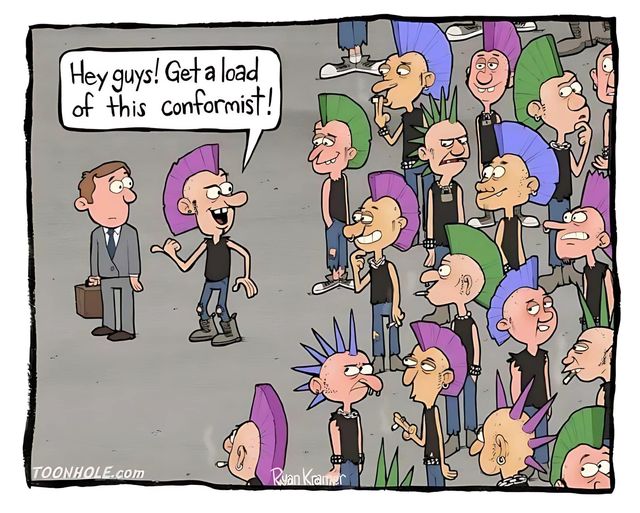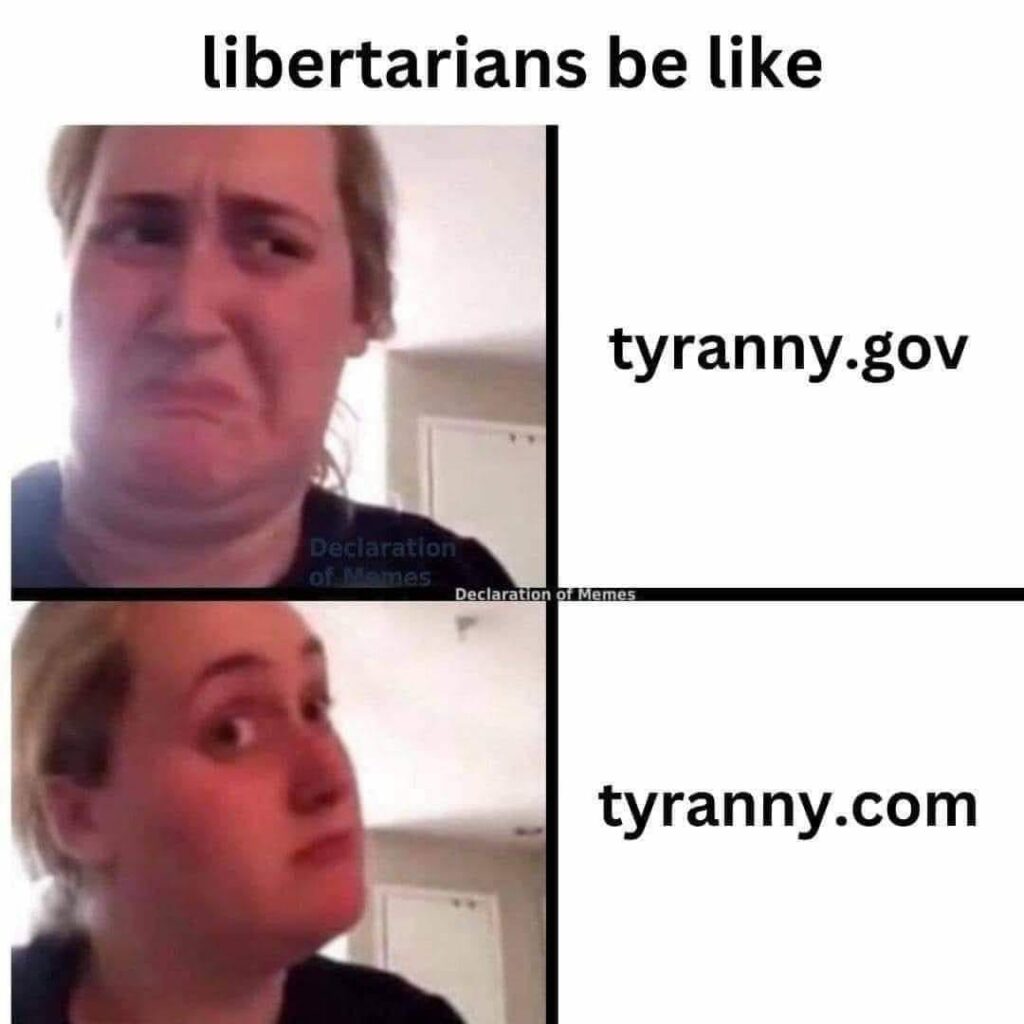A bunch of native #openweb people spent real time, energy, and focus pushing the #EU toward the #Fediverse. This wasn’t theoretical, it wasn’t speculative, it wasn’t a #NGO whitepaper or a #VC funding pitch. It was practical outreach, grounded in working technology and lived experience, aimed at reducing Europe’s dependency on centralized corporate platforms.
One concrete moment of this work was the webinar organised between the European Commission and the ActivityPub community: https://socialhub.activitypub.rocks/t/webinar-with-the-european-commission-and-ap-community/1507
The webinars mattered, they demonstrated that EU institutions were genuinely open to #ActivityPub as a viable public infrastructure standard, not as a niche hobby project, but as a way to regain institutional and civic agency without defaulting to US-based platforms.
This is the work we needed more of, but this kind of engagement is slow, unglamorous, and politically awkward. It doesn’t fit VC startup narratives or revolutionary aesthetics. But it is the work required if Europe wants digital sovereignty without surrendering to #BigTech or reinventing the same centralized failures under an #EU flag.
So the obvious question is: what went wrong? Drift, fragmentation, and the return of the #dotcons. Instead of consolidating that momentum, the grassroots fractured, attention drifted, energy leaked away, people burned out or moved on. In the end, outreach was blocked from both sides
And then slowly, predictably, attention returned to the familiar #dotcons, because they are easy, visible, and culturally dominant. They offer the illusion of reach without the substance of agency, in the long run, this is just more #techshit to compost later.
#SocialHub itself documents much of this history. The discussions are there, the threads exist, the intent is visible. But there is little aggregation, little synthesis, and almost no narrative continuity. For anyone not already embedded, it’s hard to see what mattered, what succeeded, and what was quietly blocked or abandoned.
The missing piece is our own history – this is the core failure – we are very bad at telling our own history, this thread says it plainly: https://socialhub.activitypub.rocks/t/eu-outreach-if-we-dont-tell-our-story-am-not-sure-who-will/2950
Because we didn’t document, curate, and repeat this story, the same myths keep resurfacing:
“The EU was never interested.”
“Federation can’t work at institutional scale.”
“There were no serious alternatives.”
“Centralized platforms are the only realistic option.”
None of these are true – but they feel true when history is missing. When people don’t know that EU–Fediverse outreach already happened, when they don’t know that viable alternatives already exist, when they don’t know that these paths were actively neglected rather than disproven.
Then people fall – again and again – for the #dotcons mess, believing it’s the only possible future. This matters now, as focus shifts back to tech change, and is exactly why #OMN, #indymediaback, #makinghistory, and #OGB exist, not as competing platforms, not as replacements for everything else, but as infrastructure for memory, communication, and accountability.
Before we argue about funding models, platforms, or scale, we need to get the ordering right:
- History — to remember what already worked and what failed, and why
- Media — to tell the story properly, in our own words
- Governance — to keep power visible, contestable, and rooted in trust rather than myth
Without these, attempts at “European digital sovereignty” will reproduce the same capture dynamics under a different logo. Telling the story is political work, if we don’t tell our story, someone else will, and it won’t be told in our interests. It will be told as inevitability, as market logic, as “there was no alternative.” That story always ends the same way: more centralization, more dependency, more enclosure – followed by another round of cleanup and composting.
We already did part of the hard work, we opened doors, we proved viability. What’s missing is not only technology – it’s memory, narrative, and continuity. Until we fix that, Europe will keep mistaking amnesia for realism, and surrender for pragmatism.

Examples of the problem we need to compost
In #openweb tech, these people are the problem not the solution https://freeourfeeds.com/whoweare
This is spoiler incompetent #techshit and likely funding mess we need to ignore https://cybernews.com/tech/europe-social-media-w/ Then compost.
Diversity is good, but this is a prat move https://www.modalfoundation.org/ the are quite a few of these.














